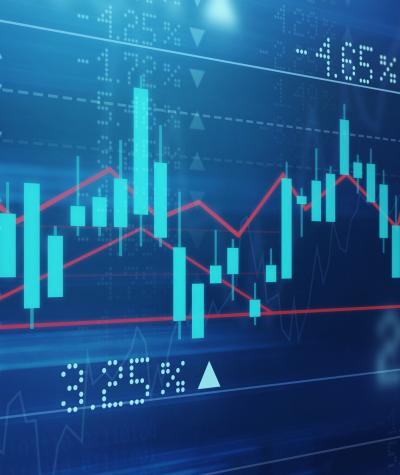PART 2: Where Did the STOCK Act Go Wrong?
In the 10 years since the passing of the Stop Trading on Congressional Knowledge (STOCK) Act, it has become clear that transparency alone is not enough to protect the public’s interests, increase public trust and prevent insider trading.
The STOCK Act had three principal objectives related to congressional stock trading.
-
Increase public trust in Congress.
-
Increase transparency with new filings required within 30 days of member trades
-
Penalize members for insider trading by clarifying that the securities laws applied to Congress.
A review of the impact of the STOCK Act reveals the limited success of the law’s transparency objective, and no success with increasing public trust and penalizing insider trading.
Increased transparency under the 30-day filing helped alert the public sooner to potential insider trading and conflicts of interest, which was not the case with annual disclosures that existed prior to 2012.
For example, in 2020, the public knew that the wife of Rep. Mike Kelly (R-PA) bought stock in an endangered steel manufacturer within a few weeks after the trade. Later, it was revealed that the stock purchase happened after Rep. Kelly gained non-public knowledge that the plant in question would not, in fact, close.
On April 29, 2020, just days before a public announcement indicating that the plant would remain open, Mrs. Kelly purchased between $15,001 and $50,000 worth of stock, then valued at $4.70 per share. By the time she sold in January 2021, it was valued at $18.11 per share.
Despite requiring prompt reporting of suspiciously timed stock trades, the STOCK Act did not accomplish the level of disclosure intended. Instead, a significant number of late or missing filings has defeated the purpose of real-time notice of potentially improper conduct.
In 2021 alone, Campaign Legal Center filed complaints against 13 members of Congress for particularly egregious STOCK Act reporting violations, though the total number of violations (including those stemming from mistakes) is considerably higher.
While the STOCK Act’s success with transparency has fully exposed the extent of potential conflicts of interest and insider trading in an unprecedented way, it has also made the law’s failure to meet its other two primary goals even more apparent.
The STOCK Act has failed to achieve its goal of penalizing members for insider trading, as no member of Congress has ever been prosecuted under the STOCK Act, despite persistent credible allegations.
The timing of the pandemic-related stock trades resulted in several senators facing allegations of insider trading, but none of these investigations resulted in any charges – with the one exception of Sen. Richard Burr (R-NC), who remains under investigation by the Securities and Exchange Commission.
Though the STOCK Act prohibits lawmakers from trading on insider knowledge, the existing legal framework remains an obstacle to enforcement.
In addition to the lack of enforcement, the small penalties associated with violations do not incentivize members to comply with the STOCK Act. The penalty for a member of Congress failing to report a financial transaction is a hardly impactful $200.
Further, even if a lawmaker does receive a fine under the STOCK Act, no public records exist to indicate whether members of Congress who are fined even pay.
Instead of public trust increasing, two polls in 2021 found that most Americans support banning lawmakers from trading individual stocks altogether.
Voters have made it clear that they do not trust Congress to prioritize their interests and the current trend of perceived corruption and alleged insider trading will continue unless meaningful new legislation is passed.
PART 3: How to Protect the Interests of the Public and Stop Insider Trading in Congress



